Kravgi gynaikon (1978) Online
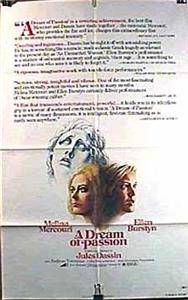
Melina Mercouri plays an actress who is attempting a comeback with a staging of the Greek tragedy "Medea" (about a woman who kills her children) in her native Greece. As a publicity stunt, she arranges a meeting with an American woman (Ellen Burstyn) who is serving a prison term for killing her own children. Features Mercouri performing "Medea" in the original, intercut with Burstyn narrating her crime.
| Credited cast: | |||
| Melina Mercouri | - | Maya / Medea | |
| Ellen Burstyn | - | Brenda Collins | |
| Andréas Voutsinas | - | Kostas | |
| Despo Diamantidou | - | Maria | |
| Dimitris Papamichael | - | Dimitris / Jason | |
| Giannis Voglis | - | Edward | |
| Faidon Georgitsis | - | Ronny | |
| Betty Valassi | - | Margaret | |
| Andreas Filippides | - | Stathis | |
| Irene Emirza | - | Diana | |
| Panos Papaioannou | - | Manos | |
| Rest of cast listed alphabetically: | |||
| Kostas Arzoglou | - | Bible Student | |
| Savvas Axiotis | - | Soundman | |
| Katerina Bourlou | - | Medea Chorus | |
| Foteini Filosofou | - | Medea Chorus |
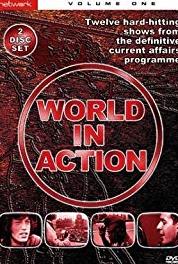

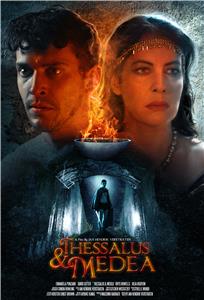

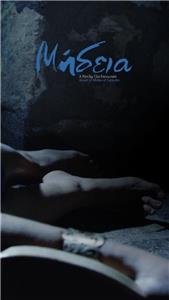
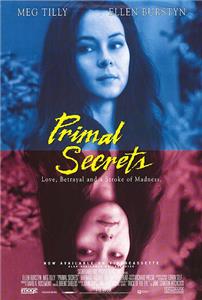
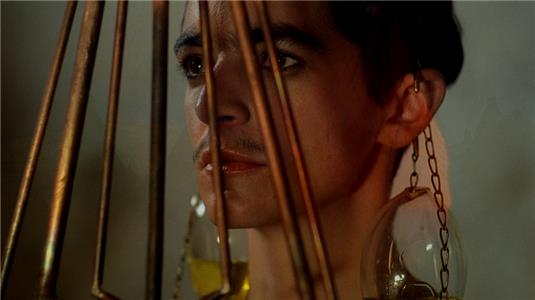
User reviews